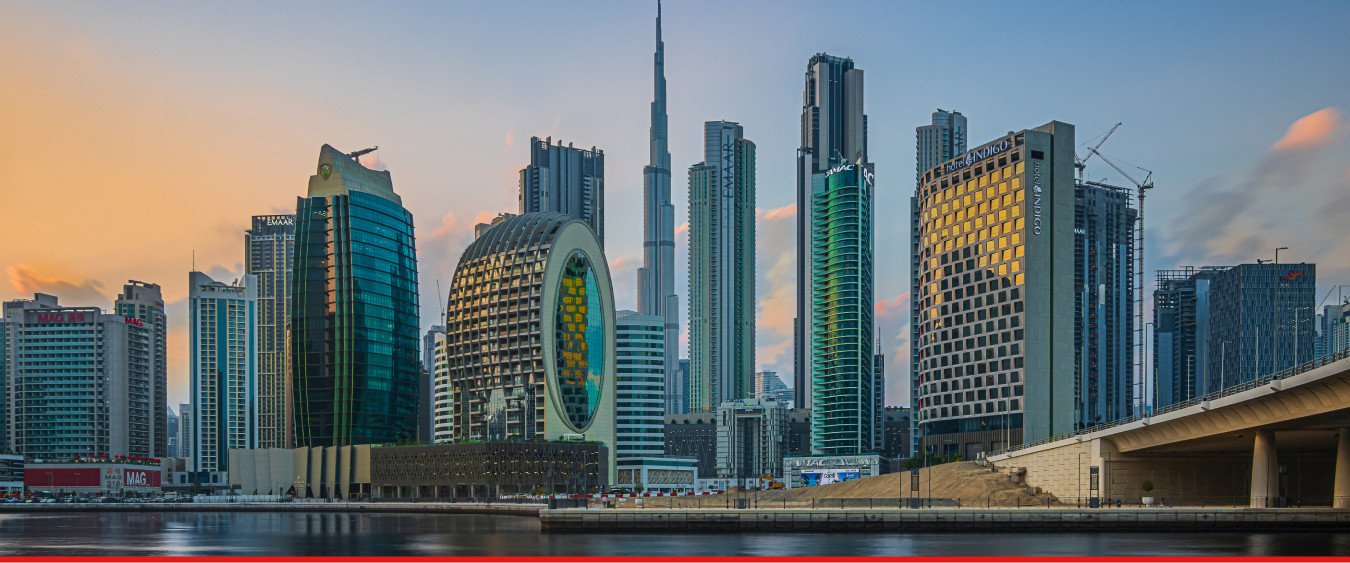In a changing regulatory environment, it’s vital that businesses are able to remain compliant in the face of evolving economic substance rules. The UAE is the ultimate place for any business to benefit from significant tax savings.
Companies that are simply incorporated in one location but don’t frequently do business in the area are finding themselves in increasingly precarious positions in the current regulatory climate, with tax authorities taking a harder approach than ever before on deciding if a business is taxable. The economic basis of any given organisation is likely to be closely scrutinised, especially if the business has offices in regions traditionally thought of as tax havens.
Such anti-tax avoidance measures give authorities more scope to investigate individual transactions to identify the patterns indicative of a lack of real commercial substance, which in turn helps identify companies that might be considered incompliant. This domestic approach to tax avoidance is endorsed by the OECD (the Organisation for Economic Cooperation and Development) and is designed to take precedence over double tax treaties. There are two specific agreements in place that are designed to prevent arrangements that would reduce a taxpayer’s obligations: GAAR and SAAR.
General Anti-Avoidance Rules (GAAR)
Generally speaking, the general anti-avoidance rule (GAAR) allows the relevant tax authority of a nation to deny tax benefits to individuals or companies that do not provide any commercial substance to the region and instead exist to benefit from such tax incentives. Following a 2019 decision by the Emirati government, UAE companies are required to meet the following requirements to align with economic substance requirements:
Be classified under the following nine categories: banking, insurance, fund management, financing and leasing, shipping, headquarters, holding company, intellectual property holding and distribution and service centre activities.
Income derived from the following areas must comply with three economic substance tests, in addition to reporting requirements:
The company must be managed and directed in the UAE
Core income generating activity must be carried out in the UAE
The company must have a certain number of qualified UAE employees, incur adequate expenditure in the UAE and have a physical presence in the UAE.
Specific Anti-Avoidance Rules (SAAR)
For more specific cases with a limited scope of application, specific anti-avoidance rules can be put in place. This seeks to target the exact actions that are being undertaken to evade tax requirements internationally.

Beneficial Ownership Requirements
The concept of beneficial ownership is relevant to the issue of economic substance and tax compliance. For a long time now, the beneficial owner has been defined as the person who receives the income of a company (whether dividends, royalties or interest). In cases where the legal owner is a different entity, they are granted a measure of anonymity and retain some separation between themselves and the legal entity that grants them their income.
Recent changes in the global regulatory regime now mean that nominees and agents are no longer viewed as eligible to hold the role of beneficial owner; due to this, some individuals may find their income held accountable to the need for economic substance. As such, those that fail to demonstrate this may see a sharp increase in their tax liabilities.
The OECD’s commentary on the issue is not exhaustive when it comes to defining the beneficial owner outside of the specific examples of nominees and agents; where there is ambiguity, the outcome will be determined by local laws. Whatever way these changes apply to you, the tax status of your business and income could be uncertain if you can’t demonstrate economic substance, a mandatory requirement if you are to avoid anti-avoidance measures.
The UAE’s Free Trade Zones
A straightforward response to the challenges of demonstrating real economic substance is to do away with relying on beneficial ownership altogether. Incorporating your business in a region where tax regimes are very generous reduces the need to make use of separate legal ownership entities; thanks to its tax-friendly free zones, the UAE is a great option.
Any eligible business set up in one of the UAE’s free zones can expect to benefit from a wide array of economic and taxation incentives that are unmatched anywhere else in the world.
Among other benefits, incorporating in one of the UAE’s free zones offers:
Reinforced economic substance
100% foreign ownership
Residence permits for foreign owners and their management
Local free zone authorities that look after financial and legal formalities (rather than national government departments)
Duty-free imports (if not sold locally)
Zero limitations on hiring labour
Freedom from corporate tax for up to 50 years from incorporation
In addition, the UAE’s major airline hub, high quality professional services, large supply of both skilled and unskilled labour, free immigration and zero minimum wage imposition make the UAE an excellent choice for starting a business. With leading IT infrastructure built for the realities of an expanding commercial hub, the UAE functions perfectly for both on and offline businesses alike.

To take advantage of the UAE’s free zones, you must own or rent physical business premises in a free zone; a small office will suffice. And creating a local bank account allows owners to apply for UAE tax residency status certificates from the Ministry of Finance, permitting owners to produce certificates as required to prove their tax residency to banking and other financial institutions worldwide.
Impact of Double Tax Treaties
The UAE has signed a large number of double tax treaties with OECD members and other nations; while some of these treaties include limitations of benefits clauses or tax liability clauses, there are many extremely attractive treaties that offer zero-tax liability, such as those signed with New Zealand, Austria or the Netherlands, maintaining the UAE’s status as a premier global location for company incorporation.
The UAE is a prestigious centre of commerce and financial services, providing company owners with a business-friendly gateway to the Middle East, Asia, Africa and Europe; the UAE’s central location provides excellent connections to all three regions. By offering a well-established regulatory environment, foreign owned companies can meet all compliance standards and pro-business legislation.
Conclusions
Dubai has become the crown jewel of the UAE and is a vibrant and forward thinking city. With outstanding infrastructure, transport, telecommunications and a diverse and growing property market, the city provides everything a foreign entity needs to successfully incorporate and find office space, high-quality labour, and support.
Backed by simple residency processes, a wide adoption of English as the business language and straightforward paperwork, company owners can focus on their business, enjoying limitless repatriation of capital and profits with no tax liabilities.
With the weight of government regulation falling on businesses to prove real economic substance, the UAE’s extremely business friendly environment makes it the ultimate destination for foreign incorporation. While the impact of the OECD’s double tax treaties is a global one, the UAE still benefits from some of the most efficient tax treaties and offers potentially unmatched tax savings.
It’s imperative that any investor or owner properly investigates the ramifications of any business decision and incorporation abroad is no different; however, with proper diligence, the UAE can allow foreign owners to create highly tax efficient business structures for greater profits. If you would like to explore the benefits of incorporating your company in the UAE, please contact us here.
Written by
Adrian Oton
CEO, Europe Emirates Group



